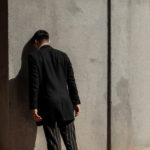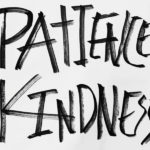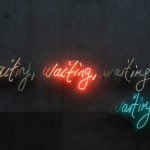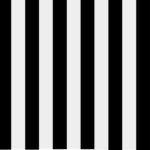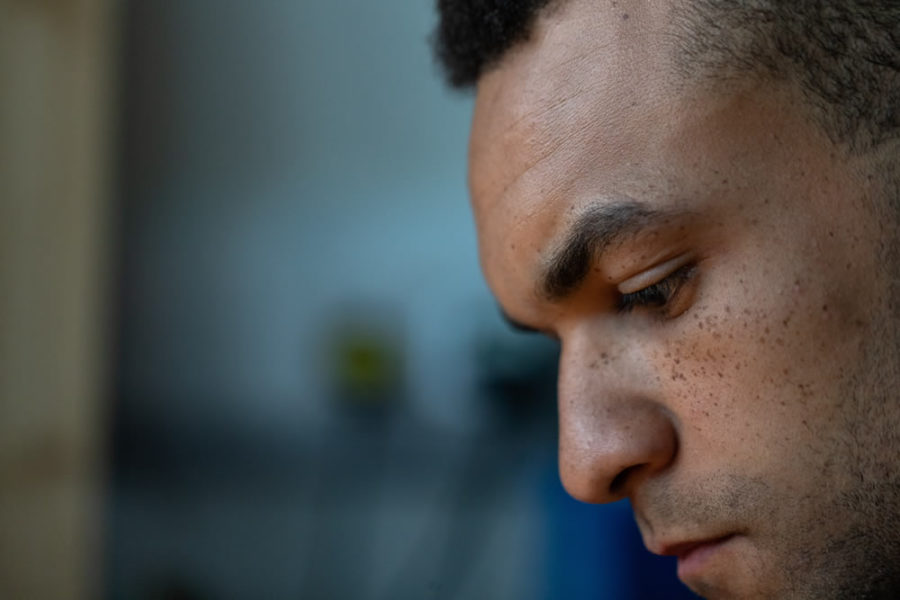
No one has totally digested what has taken place in the last month, and we are certainly making up the future as we go. Such uncertainty eats energy, which is why many of us feel an unexplained exhaustion.
The best way to combat uncertainty is to create a simple routine. Routines bring a sense of security, because we know what comes next.
That said being quarantined is not something to be mastered. Do what you must and what keeps you sane, short of using alcohol or drugs to stay there. In other words, don’t try to be a “star” at this; “good enough” is fine.
In any case, we are not going to crawl out of this quarantine and skip through summer. It is going to be a nip and tuck process, probably interrupted by new outbreaks. There won’t be anything near “normal” until there is a vaccine. Even then you likely won’t be picking up where you left off before the “house arrest” was ordered.
Adjusting to an on-again off-again post-quarantine schedule will be difficult, which means stress. And stress impacts personal relationships, which means more stress.
When stressed we can either implement an action or focus on self-care. The choice should be easy. How can you effectively implement actions if you are a mess? You got it. Take care of yourself!
And one way to do that is to open up and adapt vs. close down and stonewall.
Have you noticed how adaptable Rover is? How easily he moves through stress? Or a toddler? A young child will cry one minute, and be fine the next. This is the opposite of what happens within our over-analyzing adult minds.
Feeling the need to plan
Up to now, most of us have been content to feel well. But the desire to strike out and be productive is nibbling around our edges.
If you have changed your mind about employment and relationships as a result of the Covid-19 outbreak, I would suggest you postpone making any major changes for a while. Why not answer the following to satisfy the part of you that wants to plan?
- What do you miss? What do you yearn for?
- What do you want more of? Less of?
- What did you consider crucial pre-Covid, and now think isn’t?
- What did you consider unimportant pre-Covid, and now think is?
Do we need to be happy?
Happiness is a relatively new concept. The early Protestants and Roman Catholics were quite austere. If you look at your ancestor’s old photographs no one is saying “cheese.”
Now, God forbid if we aren’t happy!
History aside, when Americans got onto the happiness bandwagon is was good for dentistry!
Along with good teeth came higher expectations and a divorce rate. Heaven became a happy place, child-rearing magazines featured articles about the need for happy childhoods and consumerism was nothing if not the path for becoming happier.
In 1926 we started to sing Happy Birthday, Walt Disney’s started an empire to “make people happy,” MacDonald’s followed with Happy Meals, and the 1960’s brought the “happy face.”
To compare cultures, MacDonald’s had to train the staff in Russia to be cheerful. It makes sense as there is a Russian adage that says, “A person who smiles a lot is either a fool or an American.”
The adage is great for a chuckle, but thinking we’re owed happiness hinders our ability to deal with disappointment. It takes a lot of mental energy to continually strive to feel better than we do.
To counter this wasted energy, I often suggest clients remind themselves, “I am ok, right now, right now, I am ok.” After all, isn’t that actually what you want to know?
Being satisfied vs. happy
You may think satisfied and happy are synonyms, but I think there is a subtle difference. When you become involved in living, you often forget about whether you are happy. Why? Because you are satisfied that you are in the game.
Yes, you can be satisfied even when things aren’t going well. It is much better than having things go well, and feeling unsatisfied! Which is also possible. Think about it.
Good/bad feelings come and go… and yet… “Right now, I am ok, right now.”






